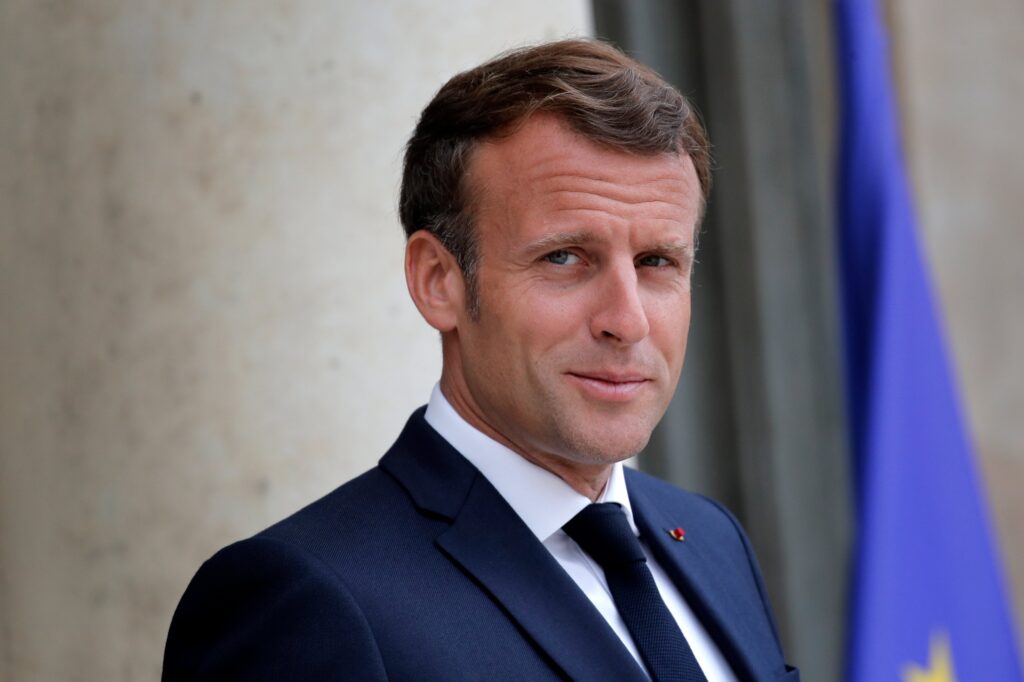As the French satirical weekly magazine Charlie Hebdo republishes the cartoons of Prophet Mohammed, it found an ally in French President Emmanuel Macron who on Tuesday (1 September) said he was not in a position to pass judgement on the editorial decision of Charlie Hebdo to republish the cartoons.
Macron made this statement when he visited Lebanon again after Beruit the capital was rocked by a massive explosion. The French President said that citizens should be respectful for each other, and avoid a ‘dialogue of hate’.
He made it very clear that he would not criticise the magazine for republishing the cartoon and also paid tribute to the victims of the January 2015 attacks.
Macron said, “Beyond the trial that will begin tomorrow (2 September), and I don’t have to express myself on this point as president, we will have a thought for all those who fell,” Macron was quoted as saying.
“It’s never the place of a president of the Republic to pass judgment on the editorial choice of a journalist or newsroom, never. Because we have freedom of the press,” he added.
“There is in France a freedom to blaspheme which is attached to the freedom of conscience. I am here to protect all these freedoms. In France, one can criticize a president, governors, blaspheme,”.
The publishers of Chalie Hebdo decided to go ahead and republish the cartoons because it is there right under freedom of expression. On 7 January 2015, two Muslim gunmen opened fire, killing twelve people that included nine staff of the magazine, two cops and one maintenance worker. The police later identified the two terrorists as Saïd Kouachi and Chérif Kouachi, French Muslim brothers of Algerian descent.
When the magazine published the cartoons of Prophet Mohammad, there was violent outrage as a wave of anger spread across the Muslim world and many demanded revenge.
For Muslims, any depiction of the Prophet is blasphemous and the punishment is death, reports DW. All Islamic countries have laws that can punish a person who insults Mohammad and countries like Pakistan frequently abuse the blasphemy laws to crackdown on its non-Muslim minorities.
The 14 perpetrators are charged with various crimes including supplying weapons, membership of a terrorist organisation and financing terrorism. The massacre at the weekly took the life of its editor-in-chief Stephane Charbonnier, cartoonists Cabut, Bernard Verlhac, Georges Wolinski and Philippe Honore, economist Bernard Maris, columnist Elsa Cayat, Charb’s bodyguard Franck Brinsolaro, visitor Michel Renaud and proof-reader Mustapha Ourrad.

